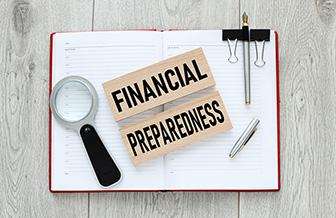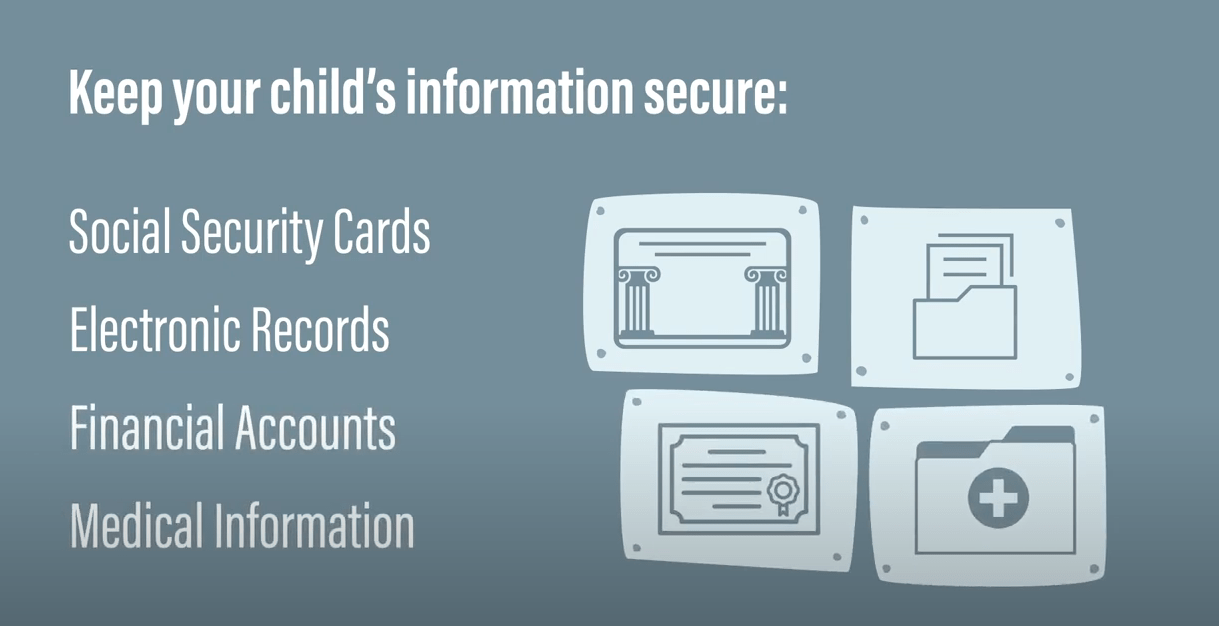Savings Goals in Your 20s
Posted on Dec 23, 2024

With age comes more responsibility and larger expenses. While statistics show that people are buying homes and settling down later in life than before, it is important to begin saving in your 20s (or sooner) to fulfill your unique goals and have more financial flexibility in the future. Whether you want the extra money to travel, buy a home, create an emergency fund, further your education, or prepare for retirement developing a good savings plan in your 20s could be the key. First Hawaiian Bank is here to help you gain the financial security and confidence you need to make a habit out of saving. Let’s dig into some savings goals to have in mind in your 20s.
Make a habit of saving
Now that you are out of school and making your own money, you can probably afford more than you could before. But with this income comes the additional responsibility to spend and save wisely. Use these savings tips to begin to build your savings in your 20s.
- Watch your spending: With online purchasing and so many monthly subscription sites, it’s easy to overspend. Combat those tempting purchases by only singing up for what you need, and cancel any unused memberships to avoid wasting money.
- Track your spending regularly: Jump-start this plan with a daily spending record. Tracking purchases in real time can help you to evaluate spending and create a realistic savings plan to continue beyond your 20s. FHB Online & Mobile Banking1 offer a free and easy financial management tool that helps you quickly monitor your overall spending across all of your financial accounts, not just those with First Hawaiian Bank.
- Avoid impulse buys: To help avoid impulse buying, always do your research on products before purchasing. You never know when there could be a more affordable option. It also helps to make a list before you go grocery shopping because sticking to a list could encourage you not to overspend on snacks.
- Save 20% of your earnings: Habitually put away 20% of your paycheck into a savings account. If you already have a goal in mind, then a budget calculator can help you to determine exactly how much to put away per pay period. If student loan debt and your expenses are so high that you cannot afford to put away that much money, then it may be time to look at how you might be able to save on your fixed monthly expenses such as cable, cell phone plan, rent and other household expenses. As your income grows so will that 20%. You will begin to see your savings build which will help you plan for future goals and put away money for an emergency fund.
Keep an emergency fund
A sudden illness, accident or even a loss of job are unavoidable circumstances and come with expenses that can put a roadblock in your financial plans. Before you begin investing in the stock market or putting away for retirement, build an emergency fund. Think of this more as insurance for your finances. Use these helpful tips for building an emergency savings fund:
- Selecting a savings account: Your emergency fund should be easily turned into cash and accessible. Whether you currently have a savings account or not consider a high yield savings account or money market account.
- Target savings 3-6 months of living expenses: A rule of thumb for most financial experts is to have a large enough emergency fund to be able to cover three to six months’ worth of living expenses. In order to calculate this, it is important that you keep a budget sheet that lists how much you spend a month on housing, utilities, food, loan payments and the percentage saved. How much to save is going to depend on both your income and expenses.
- HELOC (Home Equity Line of Credt): In the event of a sudden emergency, such as a car breaking downing or house flooding, a HELOC can offer a more flexible alternative to pulling from your emergency fund. It provides quick access to a significant amount of funds, often at a much lower interest rate compared to other borrowing options.
Purchase your first home
You may not want to or be able to purchase your first home in your 20s, but it helps to start saving for a down payment as early as possible. If you want to avoid paying private mortgage insurance or PMI then you will need to put down a 20% deposit on your prospective home.
Reduce your debt
It’s also important to keep yourself out of debt before purchasing a home, a car, or something else big. Your credit score will come into play when getting pre-approved for a large loan. Use this time in your early adult life to build your credit. A secured credit card or credit builder loan could help get you to a solid ‘fair,’ ‘good’ or ‘great’ credit score. Other ways to ensure a good credit score include keeping credit debt as low as possible, as well as paying your bills on time.
You can also tackle your debt more effectively by prioritizing high-interest balances first. For instance, paying off a credit card with a 20% interest rate before addressing a car loan with a 5.5% rate can save you money on interest over time. Another strategy Is consolidating your debt, which can simplify payments and lower interest rates – options like a HELOC (Home Equity Line of Credit) may be worth exploring.
Start investing in your retirement.
It’s hard to think about retirement when you are just entering the workforce, but it is important to start saving for your retirement early on. Most Americans nearing retirement age now only have just over 10% of what they will actually need. Does your employer offer a retirement plan like a 401(k) or IRA, where they are matching contributions? If so, sign up immediately to help you save for your future. If you do not have access to these contributions through your employer, set up a retirement account with First Hawaiian and direct deposit from your checking to that account.
If you start saving in your 20s, you will be amazed how much you will be able to save. Time and compounding interest are in your favor in your 20s. In other words, whatever you put away early on will grow exponentially. Plus, if you start investing with the help of a financial advisor, you will understand how a long-term investment strategy can pay off later on.
Life is exciting in your 20s and financial knowledge truly is power. A fully established savings plan will help give you a leg up on attaining those financial goals in your 20s and beyond. Even if you aren’t at the point where you want to purchase a home or start a family, life will move fast so it’s smart to prepare for when those days come. Contact First Hawaiian Bank to get advice on how to grow your savings now and as you navigate additional life stages.
Investments, annuity, and insurance products are:
NOT INSURED BY FDIC OR ANY GOVERNMENT AGENCY • MAY LOSE VALUE • NOT A DEPOSIT • NOT GUARANTEED BY FIRST HAWAIIAN BANK
Was this helpful?
Thank you for the feedback








